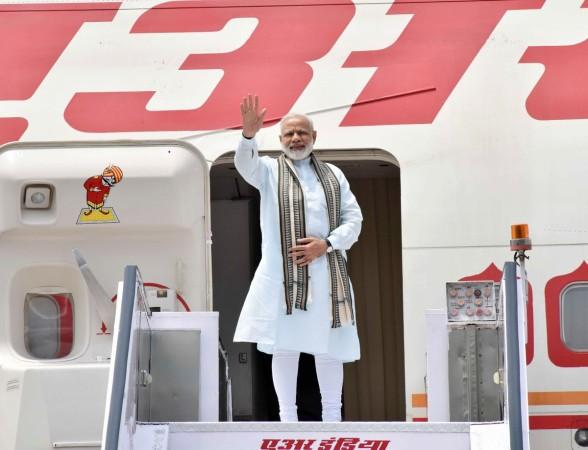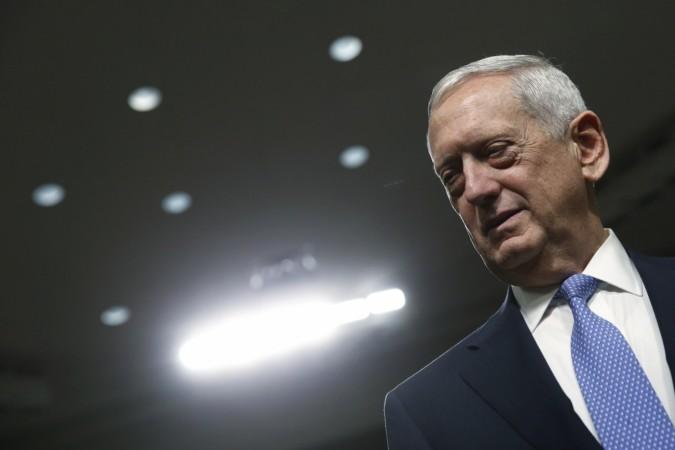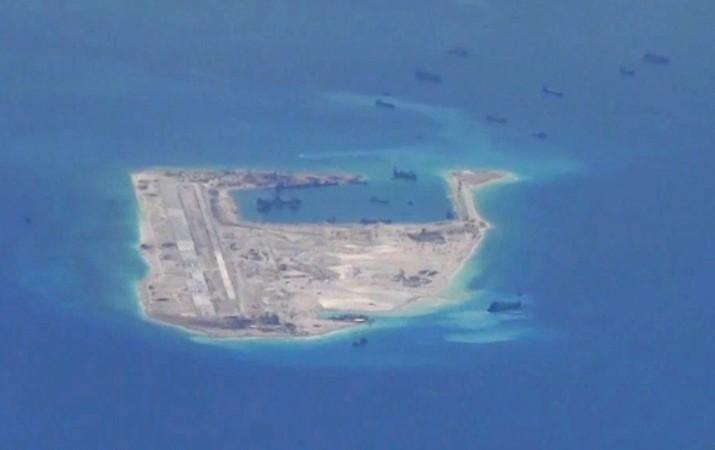
The United States praised Prime Minister Narendra Modi on Friday for his emphasis on having freedom of navigation and adhering to the international norms for peace and economic growth. The appreciation from the US came amidst China's territorial dispute in the South China Sea.
The South China Sea dispute involves islands and maritime claims in the region among several sovereign states. China claims sovereignty over all of the South China Sea. Many international non-claimant nations, particularly the United States, however, want the South China Sea to remain as international waters considering the fact that a high proportion of the world's trade passes through this region. India also supports freedom of navigation in the disputed waters.
US defence secretary general James Mattis, speaking at the annual Shangri-La Dialogue, said that while the competition between the US and China is bound to be there, the conflict between the world's two largest economies was not "inevitable", according to PTI reports.
"Respecting freedom of navigation and adhering to international norms [are] essential for peace and economic growth in the inter-linked geography of the Indo-Pacific," Mattis said.

PM Modi had called the sea lanes passing through the strategic South China Sea as the "main arteries" of global trade. He had also said that India supports freedom of navigation and seeks "utmost respect" for international law.
Modi in his address at the 11th East Asia Summit (EAS) in September last year, had outlined India's principled position on the dispute over the South China Sea, by stating that the "threat or use of force" to resolve the dispute would complicate matters affecting peace and stability.
Mattis, in his speech titled 'The United States and Asia- Pacific Security', also expressed concern about the Chinese actions that impinge on the interests of the international community.

"We cannot accept Chinese actions that impinge on the interests of the international community, undermining the rules-based order that has benefited all countries represented here today including, and especially, China," he told some 500 delegates at the Shangri-La Dialogue which focuses on defence and security.
China has rapidly built reefs into artificial islands which are capable of hosting military planes. The US has challenged these annexations of the islands and has advocated for a diplomatic settlement of the disputes.
In December 2016, Center for Strategic and International Studies (CSIS), an American think-tank, cited satellite images to back claims that China was installing a weapons system on these artificial islands.

















